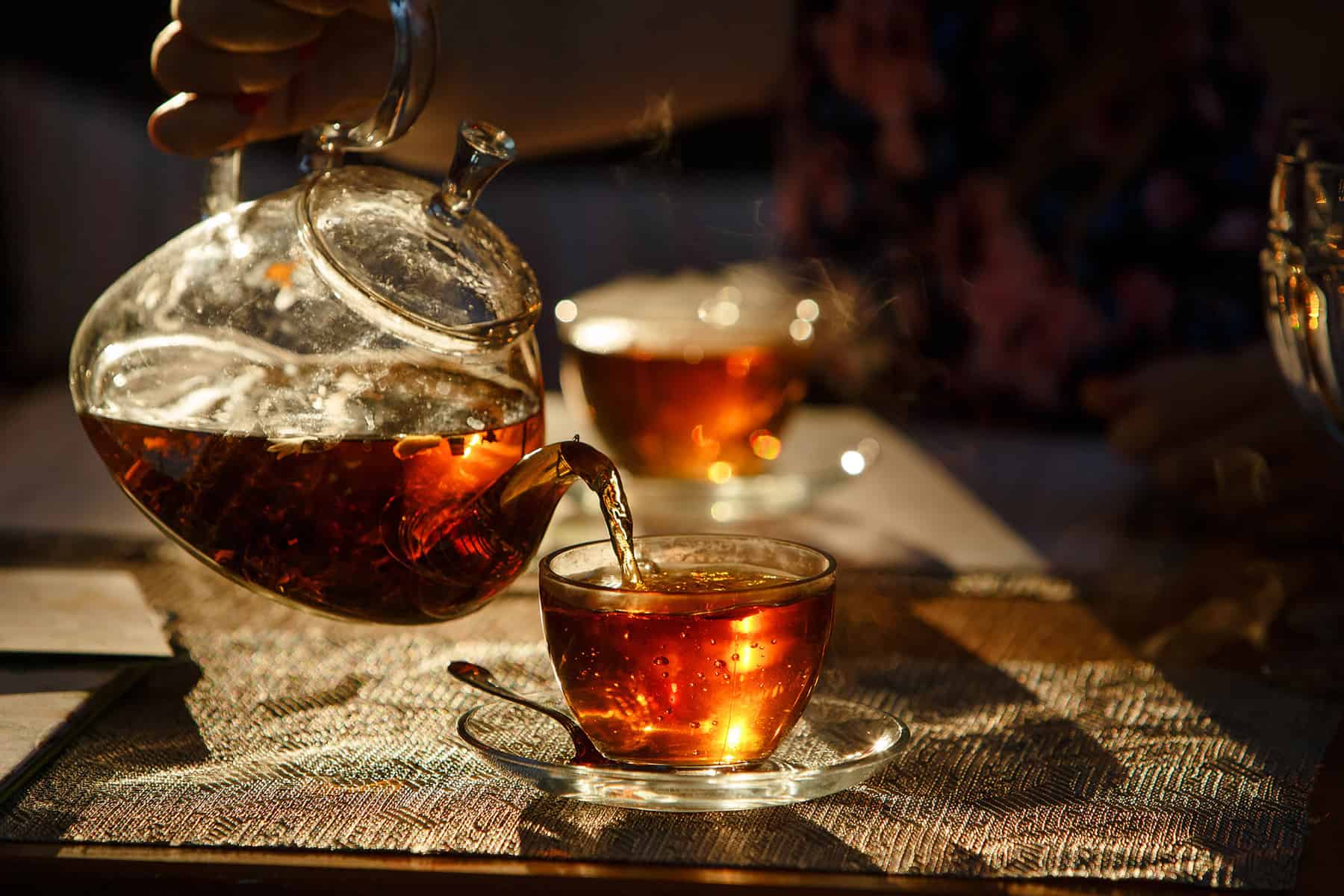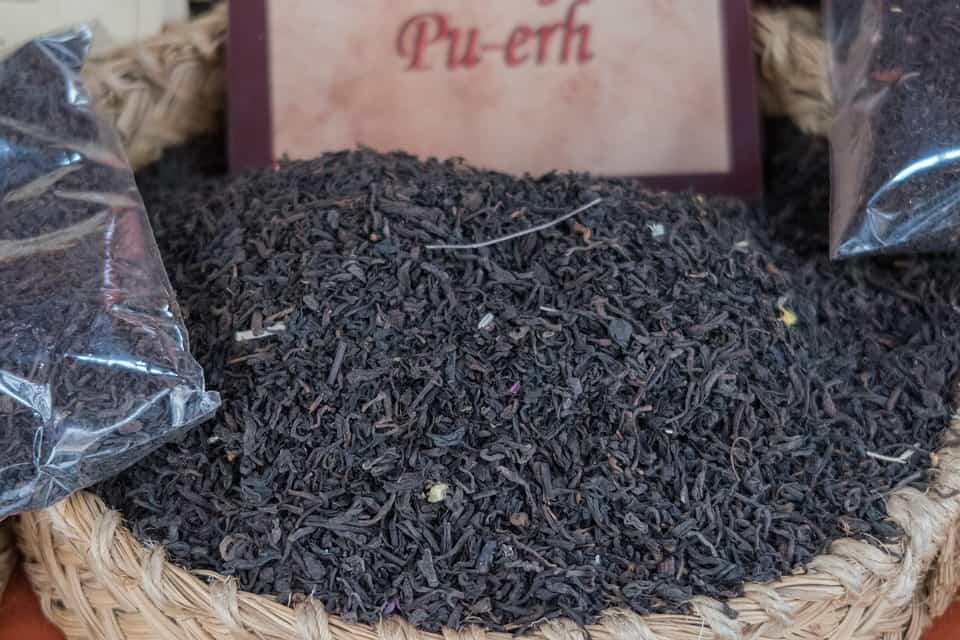Are you more of a coffee or tea person? Both have imminent benefits to help improve your overall health.
Tea is widely known to have a high source of antioxidants, strengthen your bones, reduce cholesterol, and even fight cancer.
On the other hand, coffee is often referred to a have a strong substance that can help reduce depression, prevent cancer, and fight heart disease.
The great benefits are often linked to the amount of caffeine in coffee and tea. It’s undeniable that study shows prominent benefits of consuming caffeine per day can boost your health.
1. Why Do You Need to Drink A Cup of Coffee or Black Tea?

The most significant impact of consuming coffee or black tea is to enhance brain function—that is, the caffeine content helps improve the brain activity, stimulate it to become more active, alert, and focus.
For that very reason, caffeine is often referred to as a psychoactive drug.
The change in the brain function and its response also affects the ability of caffeine to improve one’s mood as it signals dopamine and norepinephrine.
Even as much as 50 mg can increase your alertness, reaction, and short-term memory.
If you opt for greater benefits, consuming caffeine as much as five cups of coffee or black tea per day are suggested to decrease the risk of Parkinson’s, Alzheimer’s, and other brain diseases for at least 28%.
The amount of caffeine in a cup of black tea or coffee can also help to make you more energised during exercise–thanks to its ability to store glucose in the muscles longer and prevent them from becoming exhausted quickly.
When you feel more powerful to run on the treadmill, it surely can speed up weight loss and promote healthier metabolism. In result, you’ll lose weight quickly with the help of this magical substance.
Add to that, consuming black tea or coffee is known to lower the risk of heart disease in both men and women. Despite what you’ve heard, drinking 1 to 4 cups of coffee or black tea per day is a way to achieve that.
Well, that’s a lot of good news. However, there’s still a question about what has more benefits; coffee vs black tea?
I’m not trying to bring the argument on the table, but I think it’s time for you to examine the details. This way, it’ll be easier to understand how any cups of coffee vs black tea to consume per day.
2. Which is Healthier Coffee or Black Tea?

Now as we speak on the subject, I’d like to break down the details, and probably change your preference.
A. Health Benefits of Black Tea
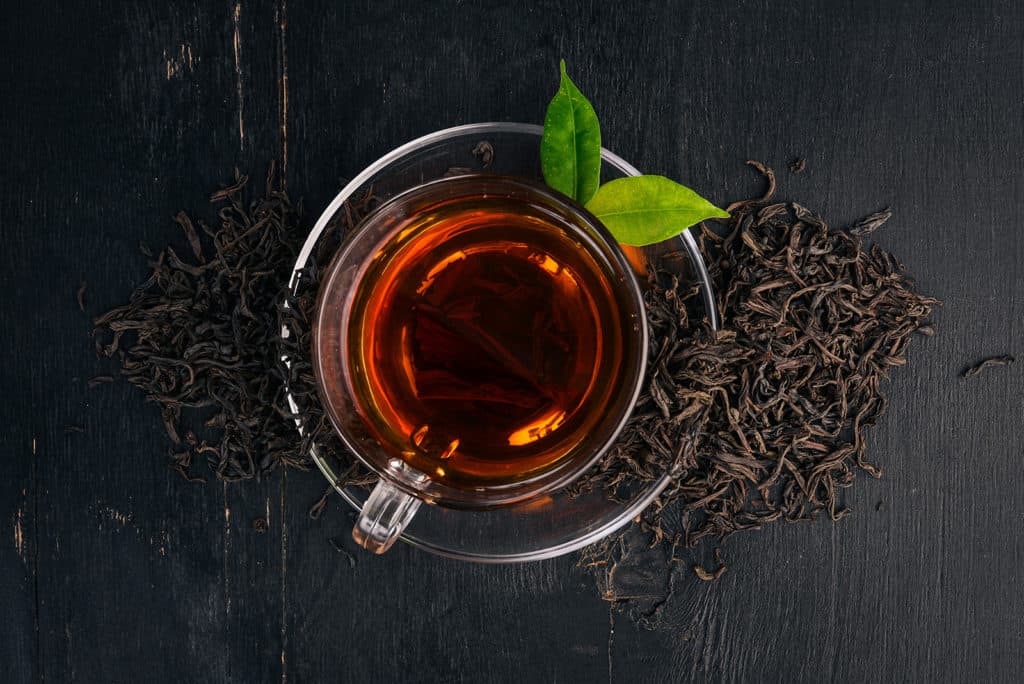
Black tea is considered as oxidised tea and has a stronger flavour compared to any other tea types.
A cup of black tea (8 oz) contains around 42 mg of caffeine, making the number moderate for your body. The tea is derived from Camellia Sinesis shrub that is withered, fermented, and heated.
1. Promote Oral Health
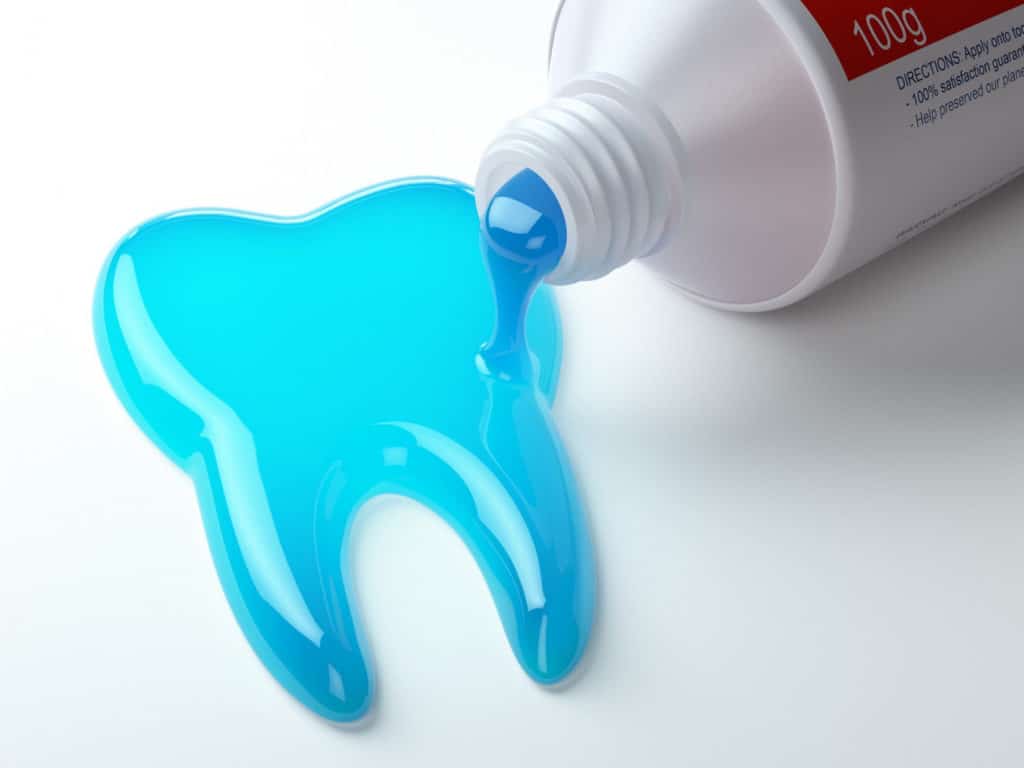
When coffee is commonly suspected of making your teeth yellowing, black tea is doing the opposite.
The substance can reduce plaque formation, preventing cavities, tooth decay, killing bacteria, and promote overall oral health.
2. Lower the Risk of Stroke
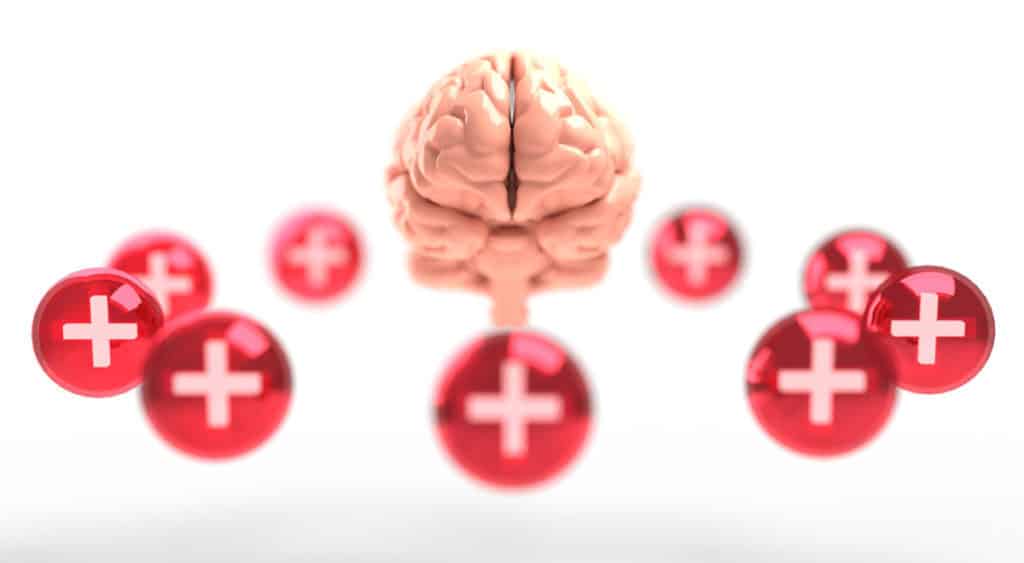
A research paper by Arab L. et al. provides evidence that people who consume at least 3 cups of black tea have a lower risk of a stroke by 21%.
However, you must also limit caffeine intake for your body, so it won’t cause over-caffeinated.
3. Powerful Antioxidant Agent
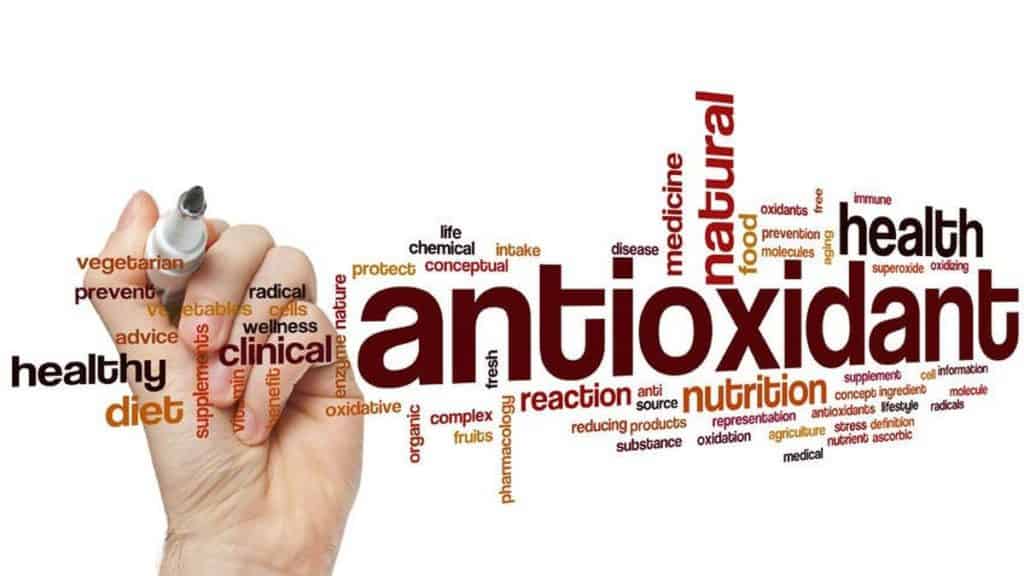
The antioxidants in black tea differ from those in fruits or veggies or known as EGCG. They provide greater benefit to prevent DNA damage caused by the tobacco-related problem.
The antioxidants are also used to fight free radicals, resulted in a lower risk of getting cardiovascular disease, cancer, premature ageing, and boost your health.
4. Healthier Digestive System
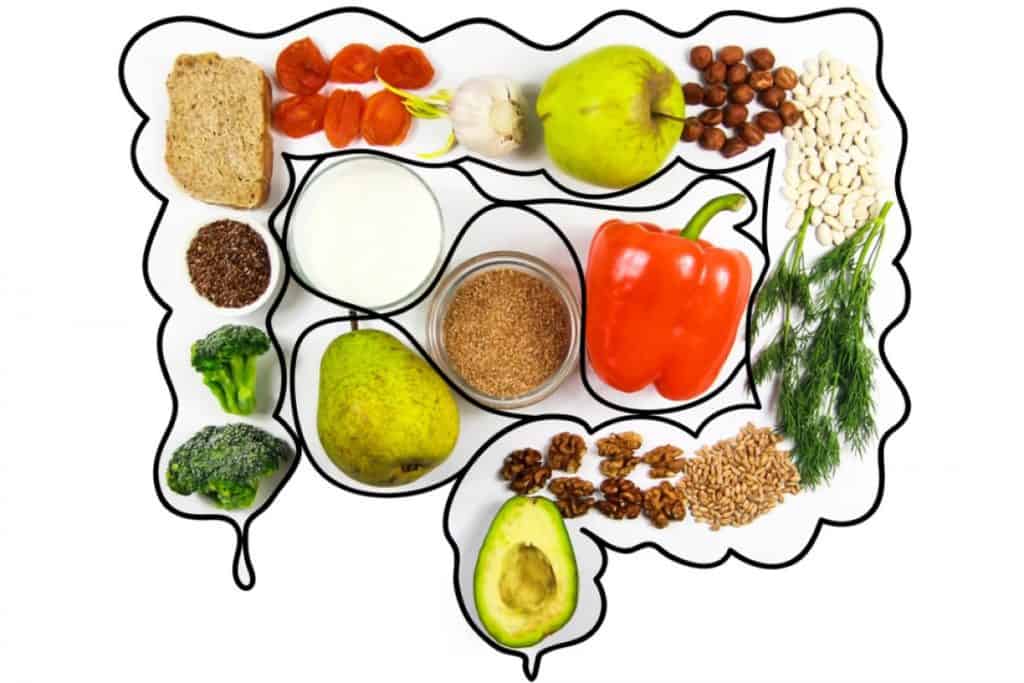
Among many other benefits of black tea, this one is probably the most popular.
Consuming a cup of black tea every morning or night can improve healthy gut bacteria, allowing one to prevent stomach ulcers, diarrhea, and promote healthier bowel movements.
5. Boost Energy
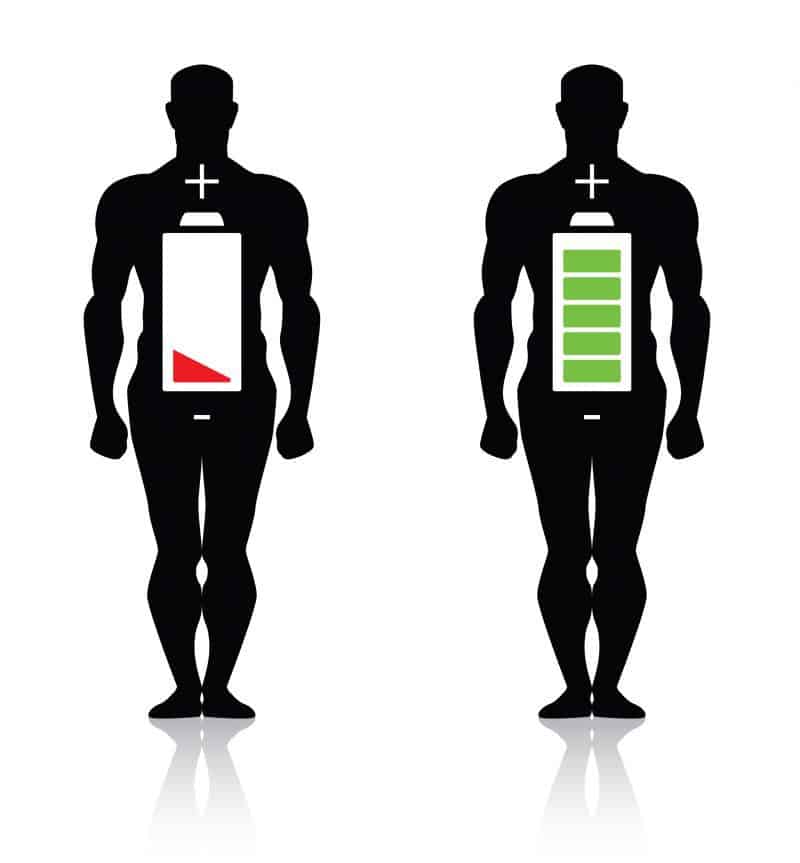
To kickstart your morning, drink a cup of black tea can always help. Despite having less caffeine than coffee, black tea contains L-theanine, an amino acid that helps to boost and even your energy throughout the day.
6. Improve Your Immune
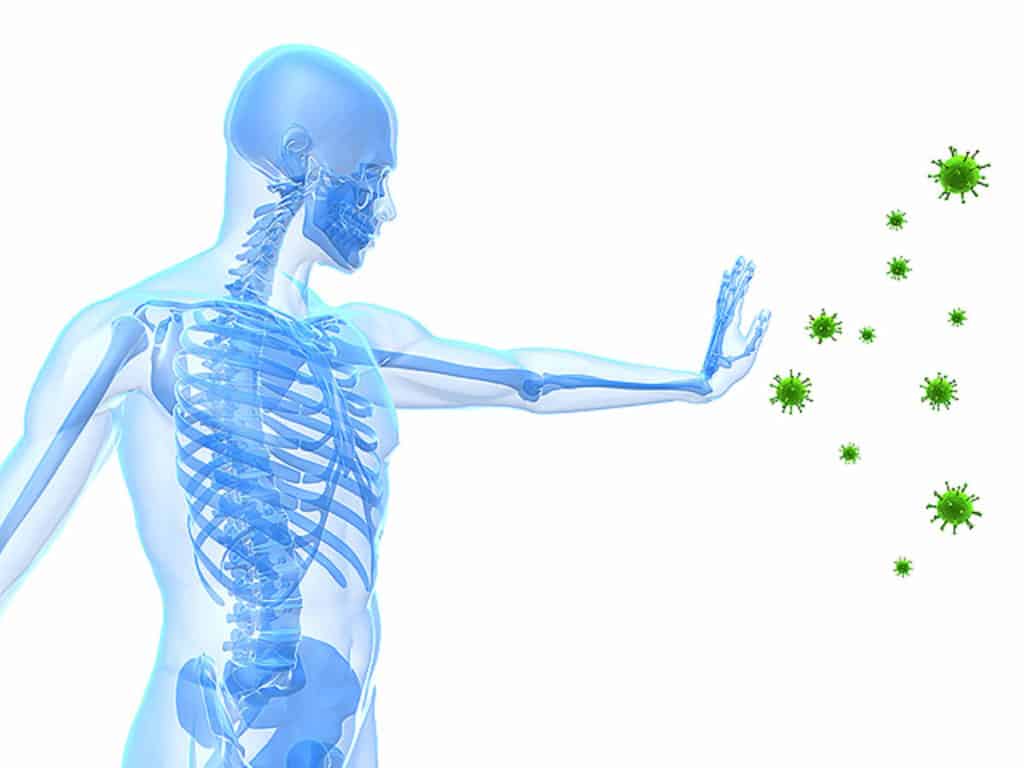
Last but not least, the health benefits of black tea include enhancing your immune system, thus preventing viruses from entering your body. Black tea contains tannins to block the influenza virus, stomach flu, and others.
Read Now : EVERYTHING YOU NEED TO KNOW ABOUT DRINKING BLACK TEA
B. Health Benefits of Coffee

Coffee beans are varied with different taste. Some are malty, while others have a bitter flavour.
Just like black tea, coffee also has great benefits for your body. If you’re a coffee person, here are several health advantages of drinking it.
1. It Contains More Caffeine
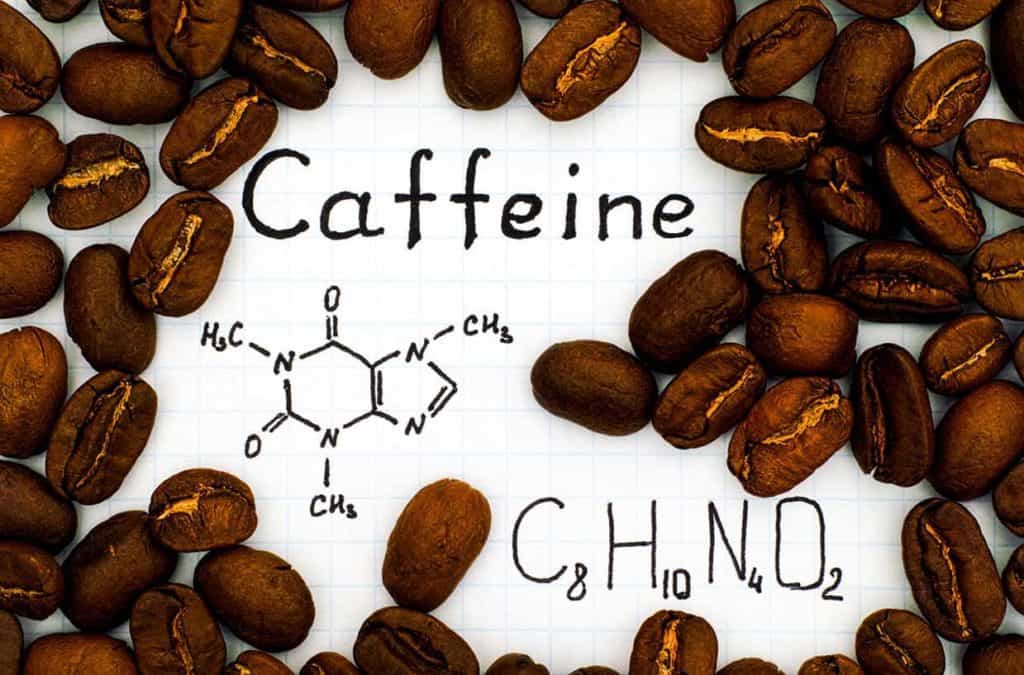
The caffeine content in coffee is higher than it is in black tea. A cup of coffee contains 200 mg of caffeine, while black tea only has around 25 mg. It means that you have the chance of reviving more energy in the morning.
2. Prolong Your Life

It seems like living until 100 years is possible if you love to drink coffee. A Harvard study reveals that coffee is helpful to prevent early death, that is, lower the risk of heart disease and suicide.
Three to five cups of coffee per day may keep the doctor away.
3. High Antioxidants

Just like black tea, coffee is also rich in antioxidants to fight free radicals from the hazardous environment. It contains hydrocinnamic acids and polyphenols that can lower the risk of eye problems and dementia.
4. Contributing to Weight Loss
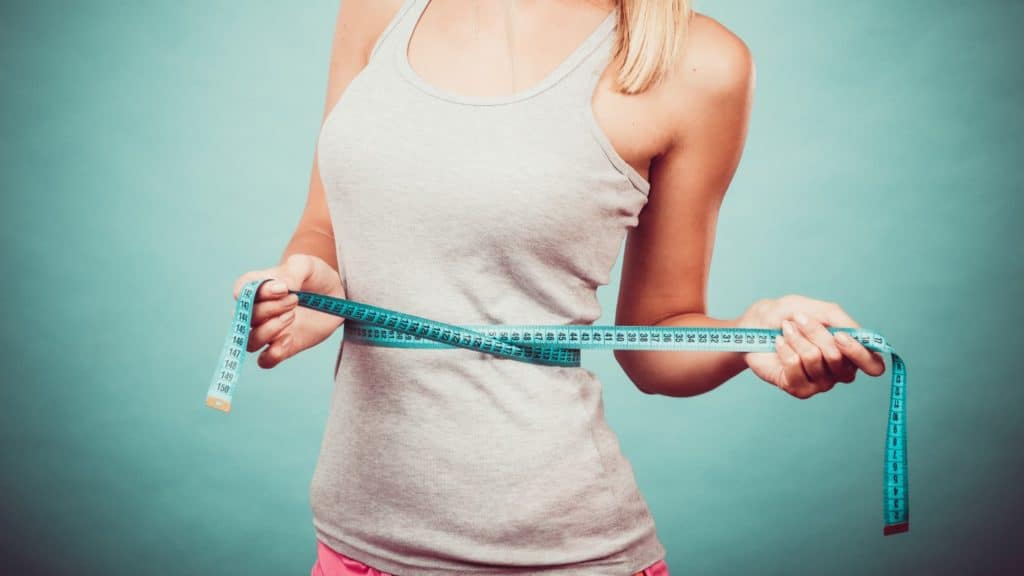
I’m not saying that coffee is a diet liquid, but it helps to suppress your appetite, reduce hunger in a short period.
Drinking coffee is beneficial in any diet program as it also generating thermogenesis–producing body heat to burn calories inside your body.
Although there’s still an argument about coffee vs black tea, both have indisputable benefits for your health. Be sure you count every caffeine that enters your body to keep on the track and not over-consumed it.
Read More : DOES COFFEE HAVE HIGHER CAFFEINE THAN TEA? SEE THE DETAILS ON HOW MUCH CAFFEINE IN COFFEE VS. TEA


